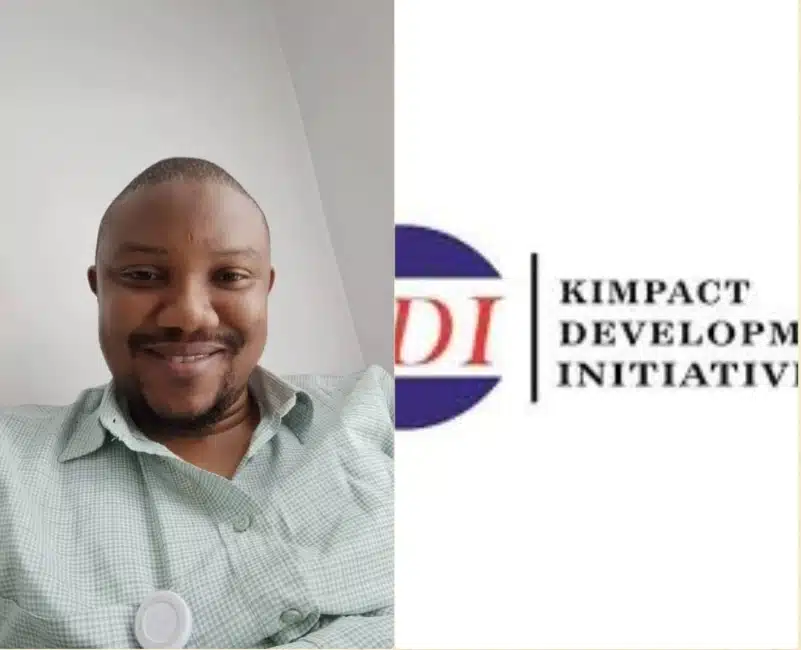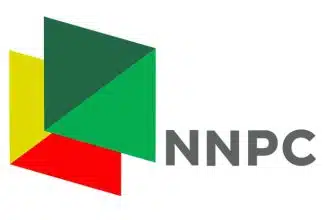The Kimpact Development Initiative (KDI) has raised concerns over widespread irregularities during Saturday’s by-elections, describing the exercise as one marred by late commencement of voting, open vote buying, and incidents of violence in several states.
Speaking on the organisation’s findings on Adamimogo 105.1FM News Headline Programme “Daily Dose”, KDI’s Senior Program Manager on Elections, Dan’Asabe Mohammed, said observers were deployed across 356 wards with a situation room set up to track developments.
According to him, over 74 percent of polling units failed to open at the official 8:30 a.m. start time, with most beginning later between 8:45 and 10 a.m. He also disclosed that vote buying was “pervasive and open,” with voters induced with cash ranging from N2,000 to N7,000 and in some cases food items such as drinks and pastries.
Mohammed further reported that violent disruptions occurred in Kano and Kogi states. In Shanono, Kano, armed youths known as ‘Yambanga’ reportedly intimidated voters and electoral officials, preventing elections in some areas, yet results were later uploaded on INEC’s IReV portal. In Kogi’s Okura constituency, security operatives and thugs allegedly blocked INEC staff from deploying to polling units, but results still appeared online.
In Oyo State’s Ibadan North constituency, where the PDP won, KDI observed less violence but noted cases of vote buying and the arrest of INEC officials with large sums of money in Ogun State.
While the ruling All Progressives Congress (APC) secured 12 out of the 16 contested seats, KDI said its analysis is ongoing to determine the extent of irregularities. However, Mohammed pointed out that results from violence-affected areas mostly favoured ruling parties in the respective states.
KDI is now calling for urgent reforms ahead of the 2027 general elections, including making the electronic upload of results to IReV a legal requirement and opening up INEC leadership appointments to public scrutiny rather than leaving them solely to presidential discretion.
“The credibility of Nigeria’s elections depends not only on the process but also on those administering it,” Mohammed said.
For KDI, the by-elections highlight how Nigeria’s democracy remains fragile. Between delayed voting, open vote trading, violent disruptions, and questionable results, the credibility of the electoral system continues to face deep challenges.









